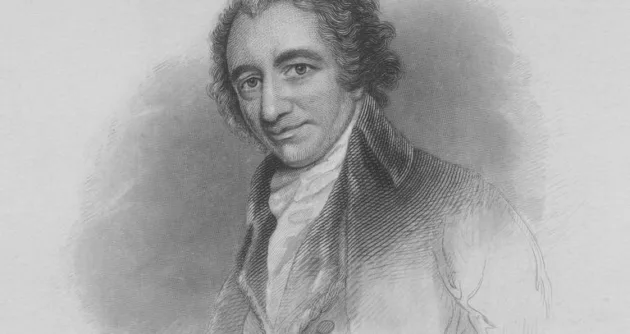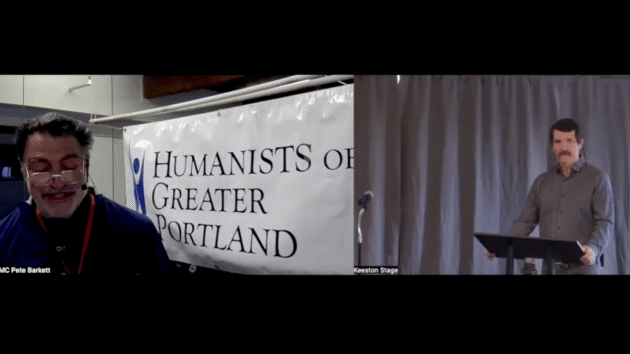July 1st, 2014
We congratulate the people and Town Boards of the Towns of Dryden and Middlefield for their recent victory in the New York Court of Appeals (the highest court in New York).
The Court ruled that existing state law allows rural towns, in order to preserve their small-town character, to use their zoning powers to ban heavy industrial activity. Further, the Court held that such bans can include prohibitions on oil and gas extraction.
To arrive at its determination, the Court examined two seemingly competing state laws. The first is astate law which preempts towns from regulating oil and gas operations. The second is the state’s home rule and towns laws, through which the state has delegated certain land use planning and zoning powers to towns.
The Court interpreted the first law – which preempts towns from regulating oil and gas operations – as applying only to town efforts to regulate how oil and gas is extracted. Thus, the Court held that a town’s exercise of its state-delegated zoning powers to ban extraction was not forbidden by the other state law which preempts local oil and gas regulation.
Central to its ruling, the Court reaffirmed that the people of New York towns only have the power that the state chooses to give them. Thus, the Court explained that “there is no dispute that the State Legislature has the right [to override local oil and gas laws] if it chooses to exercise it.”
The Court made clear that the New York State Legislature may legally nullify the extraction bans in Dryden, Middlefield – and any other town which chooses to follow them – at any time.
Absent from any of the discussion in this case, of course, was the right of the people in Dryden, Middlefield, and other communities to ban oil and gas extraction, even if the State forbids them from doing so. The Court could have held that townspeople possess the inherent right to local self-government. And, that the people can enforce that right not just against oil and gas corporations, but against the state itself – so that corporations are no longer able to use our state governments to override community decision making to protect the health, safety, and welfare.
If we accept, as the Court wrote, that the state itself has “primacy” over people and communities, it means that all of our work to stop oil and gas extraction is built on a very narrow shelf – a shelf which can be pulled out from under us at the whim of the state.
Building an independent right to ban oil and gas extraction, which is not dependent on state law or subject to arbitrary preemption, is a much stronger base; and one that can be used to ban any projects or activities – ranging from fracking to sludge dumping to use of genetically modified organisms – which are deemed harmful by the community.
So, while the Dryden/Middlefield decisions are good markers on the way to local, community self-government, we must not lose sight of that ultimate goal – in which sustainability is ultimately rendered impossible without true local, community self-government insulated from either corporate or state control.


